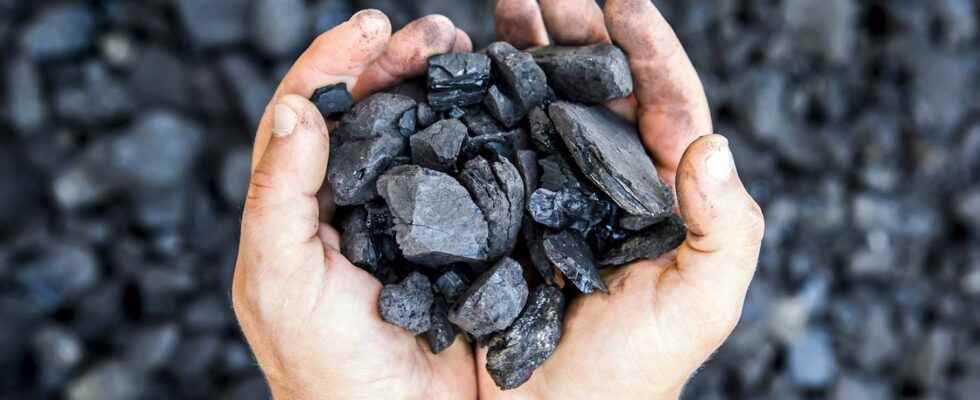A energy fossil is a energy whose reserves were formed a very long time ago, millions of years ago, by sedimentary decomposition of organic materials. Reserves, in other words, made up mainly of carbon. And non-renewable reserves, because they can only be replenished on geological time scales.
The beginnings of our massive consumption of fossil fuels date back some 200 years to the era of Industrial Revolution. The success was built on a good technological mastery, an interesting average yield, availability throughout the year and relatively easy storage and transport. And it was only later that we were alerted to the fact that fossil resources are limited — available in finite quantities, their reserves are depleted as they are exploited, unlike renewable energies — and that their combustion is very polluting and generates greenhouse gas. Yet, according to the International Energy Agency, fossil fuels are still expected to dominate energy mix for a few years at least.
The formation of fossil fuels
Remember that the processes of formation of fossil fuels are slow. the coal forms following the burial and decomposition of plants in sedimentary basins. The first exploitable coals were formed 360 million years ago.
the oil and natural gas are hydrocarbons whose formation begins with an accumulation of matter organic in the sediment calm and poorly oxygenated environments. Then come the bacteria and temperature variations. To be useful, crude oil must undergo refining operations.
Finally, note that theuranium 235 (235U), used in nuclear reactorswas formed during supernovae that preceded the formation of Solar system. So a very long time ago. However, it cannot be called a fossil, because it is devoid of carbon. It is simply a combustible non-renewable.
You will also be interested
[EN VIDÉO] COP21: understanding the impact of humans on the climate Man burns fossil fuels: oil, coal, natural gas, mainly to produce energy. This activity results in changes in the composition of the atmosphere by producing greenhouse gases. François-Marie Bréon, researcher at the Laboratory of Climate and Environmental Sciences (LSCE), explains how the emission of these gases can permanently modify the climatic balance of our planet.
Interested in what you just read?
